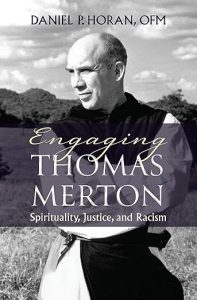 Summary: A variety of essays or talks about Merton and how his life and work can impact people today.
Summary: A variety of essays or talks about Merton and how his life and work can impact people today.
Engaging Thomas Merton is a book you can dip in and out of because while the book is thematically about Thomas Merton, you can easily skip around chapters based on your interest or read it slowly over time. I spent about six or so weeks slowly working through the book.
Because of my interests, I think the most engaging chapters were chapter 6 (using Merton’s work on the true and the false self to engage ideas of how we are embodied and digital selves) and then the three chapters about Merton’s engagement with the civil rights movement.
Overall, I think the digital self chapter is probably both the best chapter of the book and worth the price of the book for me. Horan makes the case that Merton would have seen that one of the realities of the digital age is that identity is “almost infinitely negotiable.” As a means of engaging with Merton in a situation that Merton didn’t experience, Horton takes Merton’s understanding of the false self and engages those insights. The clearest summary of Horton’s thesis here is, “The true self only appears elusive because we are too concerned with our false self (selves) to turn toward God.” (p93)

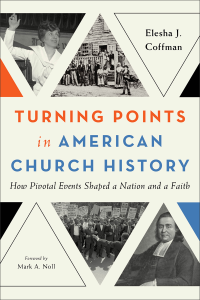

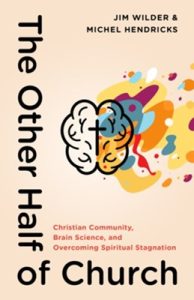
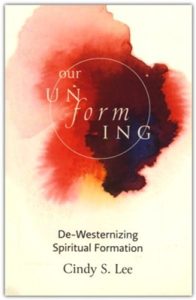
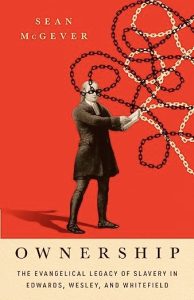
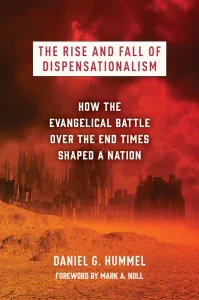
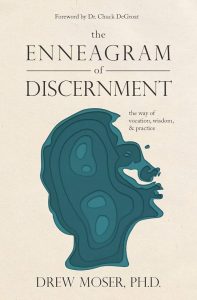
 Summary: A group mostly made up of Jesuits discovers that another world with intelligent creatures exists and secretly decides to visit it; tragedy ensues.
Summary: A group mostly made up of Jesuits discovers that another world with intelligent creatures exists and secretly decides to visit it; tragedy ensues.